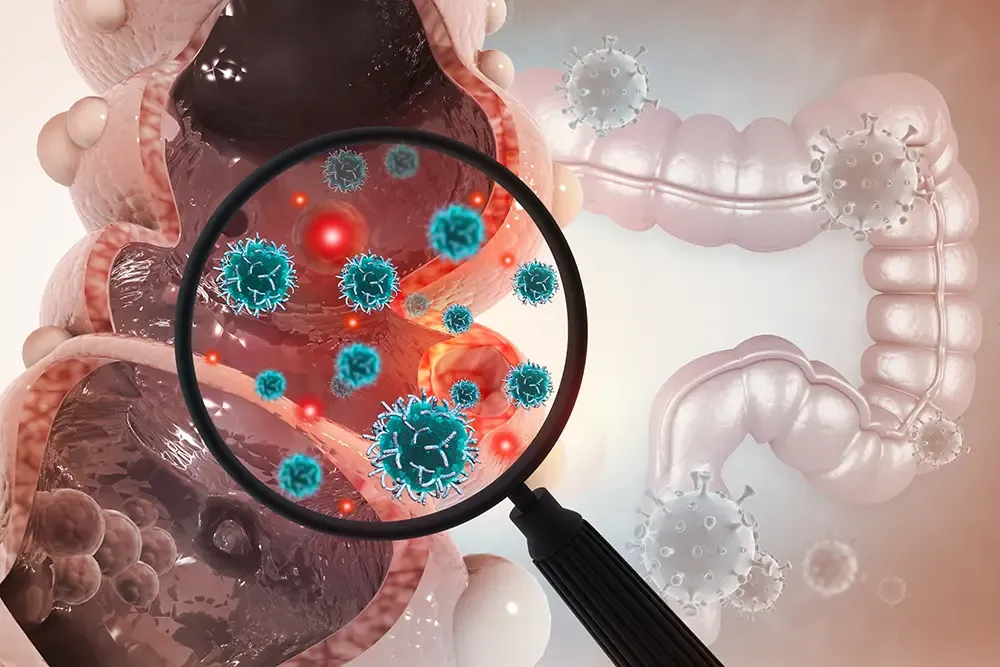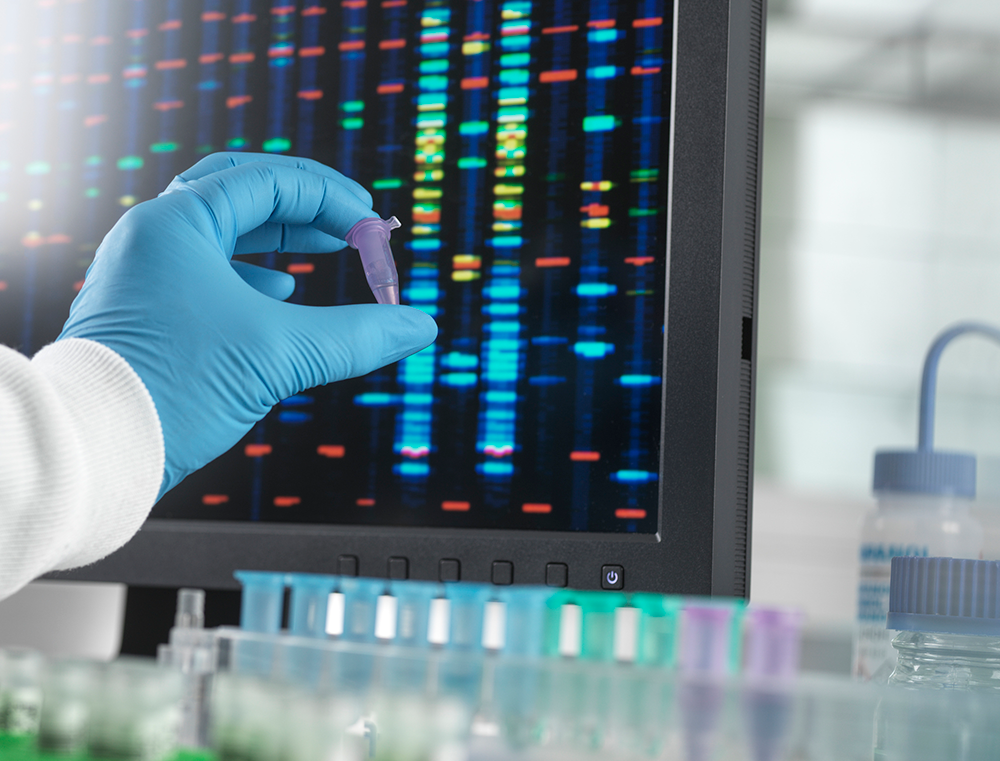By: Nisha Jacobs, MD
As a practicing oncologist, I tend to notice trends. I’ve noticed that fewer patients smoke cigarettes now than they used to. More patients are looking at lifestyle measures to decrease their risk of cancer. More patients I’m seeing, particularly with colorectal cancer, are younger than they used to be. I’m not talking about five years or so — but decades younger.
And it’s not just me that noticed — it’s real! In 2024, a report from the American Cancer Society indicated that colorectal cancer has moved from being the fourth leading of cause of cancer related death in both men and women under the age of 50 two decades ago to being number one in men and second in women (breast cancer is still the highest). There are lots of reasons postulated for this uptick in the incidence of this type of cancer, including alcohol, less fiber, ultra-processed diets, sedentary lifestyle etc., but there have been some discussions about the microbiome.
For those of you that don’t know, the microbiome is a collection of all the microbes like bacteria, fungi, viruses, and their genes that naturally live in and on the human body, and play a crucial role in helping with digestion, immune system development, and even influencing disease susceptibility. There has been focus on the effect of the microbiome on cancer rates, and how we can manipulate the microbiome to help us stay healthier.
An interesting study just came out in Nature, led by researchers at the University of California. They looked at 981 bowel cancer genomes from patients across 11 countries, and they found that a strain of E. coli, which makes a toxin called colibactin, was 3.3 times more likely in adults diagnosed with bowel cancer before they turned 40, compared to patients diagnosed in their 70s or later. They were also more prevalent in countries with a higher rate of early onset bowel cancer.
In other words, colibactin-producing bacteria may be silently colonizing children’s colons, initiating molecular changes in their DNA, and potentially setting the stage for colorectal cancer long before any symptoms arise.
Previous studies have shown that the exposure and mutations happen in the first 10 years of life. If someone acquires one of these driver mutations by the time they are 10, they could be decades ahead of developing colorectal cancer—in their 40s rather than their 70s. It’s not an exact cause and effect, but it’s thought provoking.
Previous studies have indicated that “western diets” rich in red meat, sugar, ultra-processed foods, and generally low in fiber allow this particular bacterial toxin producing strain to thrive.
There are things we can do to decrease risk. Eat whole foods, try to get 20-30 grams of fiber per day, eat less red meat, exercise—and remember that the new age for average risk patients to get a colonoscopy is 45 — so get those colons checked.

Dr. Nisha Jacobs see patients at our Coon Rapids and Maple Grove clinic locations.
Her Areas of Special Interest include:
- Gastrointestinal malignancies
- Prostate and renal cell carcinoma
- Benign and malignant hematology
- Lung malignancies
To request and appointment with Dr. Jacobs,
please call (763) 712-2100 or request an appointment online.




